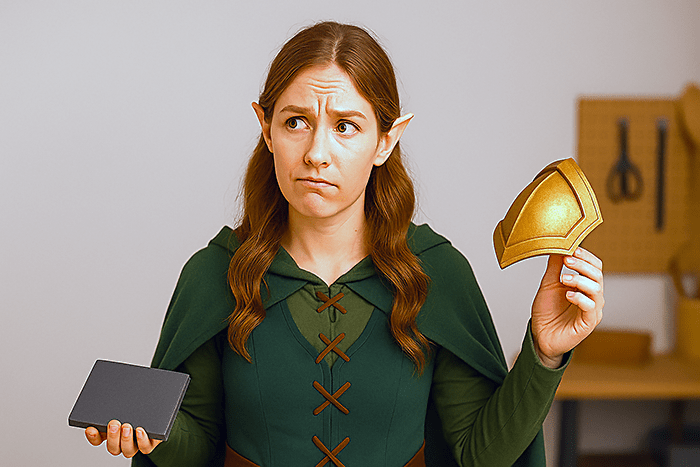Fantasy literature has a rich history that dates back centuries, with roots in ancient myths and legends. One of the earliest and most enduring examples of fantasy literature is the epic poem "The Odyssey" by Homer, which follows the adventures of the hero Odysseus as he battles mythical creatures and journeys across the ancient world. This story set the stage for many of the themes and tropes that would come to define the genre of fantasy literature.
In the Middle Ages, stories of chivalry and romance became popular, with tales of knights, dragons, and magical quests capturing the imaginations of readers. One of the most famous works of this time is "Le Morte d'Arthur" by Sir Thomas Malory, which recounts the adventures of King Arthur and his knights of the Round Table. These stories laid the foundation for the development of the fantasy genre as we know it today.
In the 20th century, authors such as J.R.R. Tolkien and C.S. Lewis helped popularize fantasy literature with their iconic works, "The Lord of the Rings" and "The Chronicles of Narnia," respectively. These books introduced readers to intricate worlds filled with magical creatures, epic battles, and moral dilemmas, creating a new generation of fantasy enthusiasts. Today, fantasy literature continues to captivate readers of all ages with its blend of escapism, imagination, and timeless themes of heroism and adventure.
Common Themes in Fantasy Novels
Fantasy novels have captivated readers for centuries, transporting them to magical realms where anything is possible. One common theme found in many fantasy novels is the battle between good and evil. Whether it's a lone hero fighting against an evil sorcerer or a group of adventurers battling a dark lord, this struggle between light and darkness adds excitement and tension to the story.
Another common theme in fantasy novels is the hero's journey. Many fantasy books follow the classic hero's journey archetype, where a seemingly ordinary individual is called to embark on a grand adventure that will test their courage, strength, and wit. Along the way, they must overcome obstacles, face their fears, and ultimately fulfill their destiny.
Magic is also a prevalent theme in fantasy novels, with many stories featuring magical beings who wield incredible powers. This element of magic adds a sense of wonder and enchantment to the story, allowing readers to escape into a world where the impossible becomes possible.
Ultimately, what draws readers to fantasy novels is the sense of escapism they provide. By immersing themselves in a fantastical world filled with adventure, magic, and heroism, readers can leave behind the worries and stresses of everyday life and lose themselves in a thrilling and imaginative story. Whether it's a classic tale of dragons and knights or a modern epic of wizards and warriors, fantasy novels have a timeless appeal that continues to enchant readers of all ages with its own form of "Fairytale".
Impact of Fantasy on Pop Culture
From the wizards and dragons of J.R.R. Tolkien's epic stories to the witches and warlocks of J.K. Rowling's beloved series, fantasy literature has become a cornerstone of pop culture. Fantasy novels have long held a special place in the hearts of readers, captivating us with their enchanting worlds and magical creatures.
One key reason for fantasy novels' enduring popularity is their ability to transport readers to far-off realms where anything is possible. In a world where everyday life can often feel mundane and predictable, the opportunity to escape into a world of adventure and wonder is an irresistible allure for many.
As readers immerse themselves in these fantastical worlds, they can briefly leave behind the stresses and worries of their own lives, finding solace in the magic and excitement that only a well-crafted fantasy novel can provide.
Fantasy literature has had a profound impact on pop culture, influencing everything from film and television to fashion and music. The success of blockbuster movie franchises like Harry Potter and Lord of the Rings has not only introduced these fantastical worlds to new audiences but has also sparked a renewed interest in the genre as a whole.
Fantasy-inspired fashion trends, such as flowing cloaks and intricate jewelry, have also become popular among fans of the genre, further cementing its place in mainstream culture.
Escapism and Imagination in Fantasy Writing
One key reason for their enduring popularity is the ability of fantasy writing to provide a form of escapism for readers. By immersing themselves in fantastical worlds filled with magic, mythical creatures, and epic quests, readers can momentarily escape the stresses and mundanity of everyday life.
This sense of escape can be both comforting and empowering, allowing readers to forget their troubles and embrace a sense of wonder and possibility. Fantasy novels have long captured the hearts and imaginations of readers around the world.
Furthermore, fantasy writing often taps into the limitless power of imagination. Through vivid descriptions and rich world-building, authors can create fantastical realms that stretch the boundaries of reality. Readers are invited to envision these worlds in their minds, bringing to life the characters, landscapes, and adventures that unfold on the page. This exercise of the imagination can be incredibly rewarding, sparking creativity and opening up new possibilities for readers to explore.
In addition to providing a welcome escape and fueling the imagination, fantasy novels also offer a unique form of storytelling that can be both thrilling and thought-provoking.
From epic battles between good and evil to intricate political intrigues and complex character relationships, fantasy writing weaves intricate narratives that captivate and challenge readers. By delving into these fantastical tales, readers are not only entertained but are also invited to reflect on deeper themes such as power, identity, and morality within their own lives.


